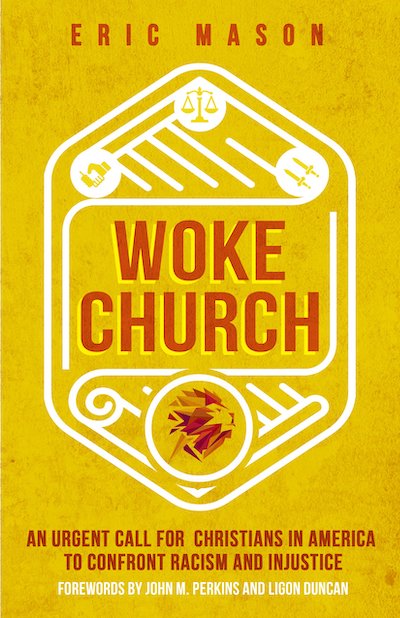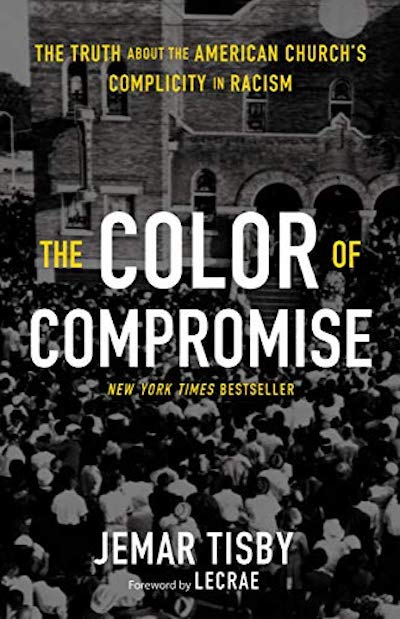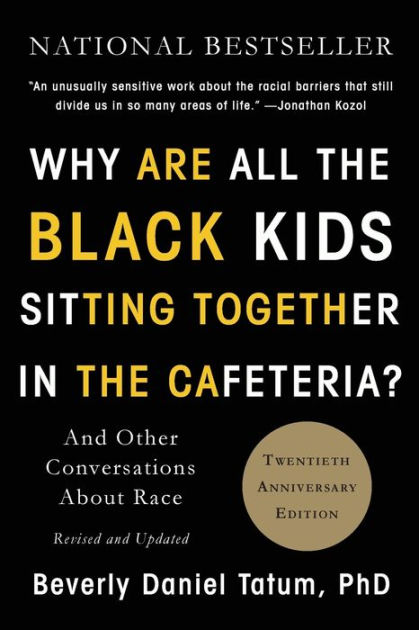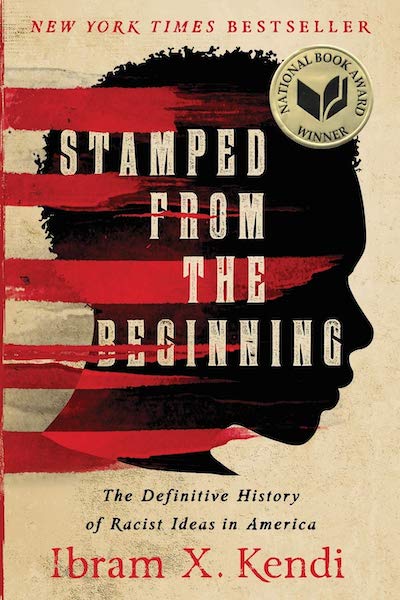I went into this book with low expectations because I’m not a big fan of just labeling racial and social justice as “woke” mainly because of how much the word has been taken over in a mocking manner from one side of the political aisle. However, very early on in the book, the author does a good job of defining what the word is intended to mean and with that at least made me get over the choice of the term in the title and agree ultimately with what his ideal was.
After reassuring me early on in the book, despite the title, the author starts off very strong with a great commentary on what the Church should be and what it should stand for in relation to racial and social justice. Unlike all of the other books on race I’ve read in the past and even more than the other book on Christian racism, this book ties everything into the Bible. At times, it felt like I was reading a Bible study or book on theology more than I was reading a book on race.
Because of that, I think this is a great book for other Christians to start with, especially if they insist on starting every discussion into a topic as important as racism and race in America with the Bible.
I appreciate that the author mentions all he’s learned in striving for multicultural churches and his desire to seek out situations where he can help in neighborhoods, schools, and other vital areas that the Church does not assist nearly enough. This book focuses a lot on what the Church should have already been doing based simply on the teachings of Jesus instead of needing a new call to start paying attention to racism and the many harms that stem from it.
This book gets dives into a lot of detail in most chapters, and because of that, it’s hard for me to remember all the high points and adequately summarize the book. However, within the first few pages, the author provides an excellent diagram that summarizes the different types of “woke” that are found in our world and how the Church needs to be in the middle of all three in order to be most effective.
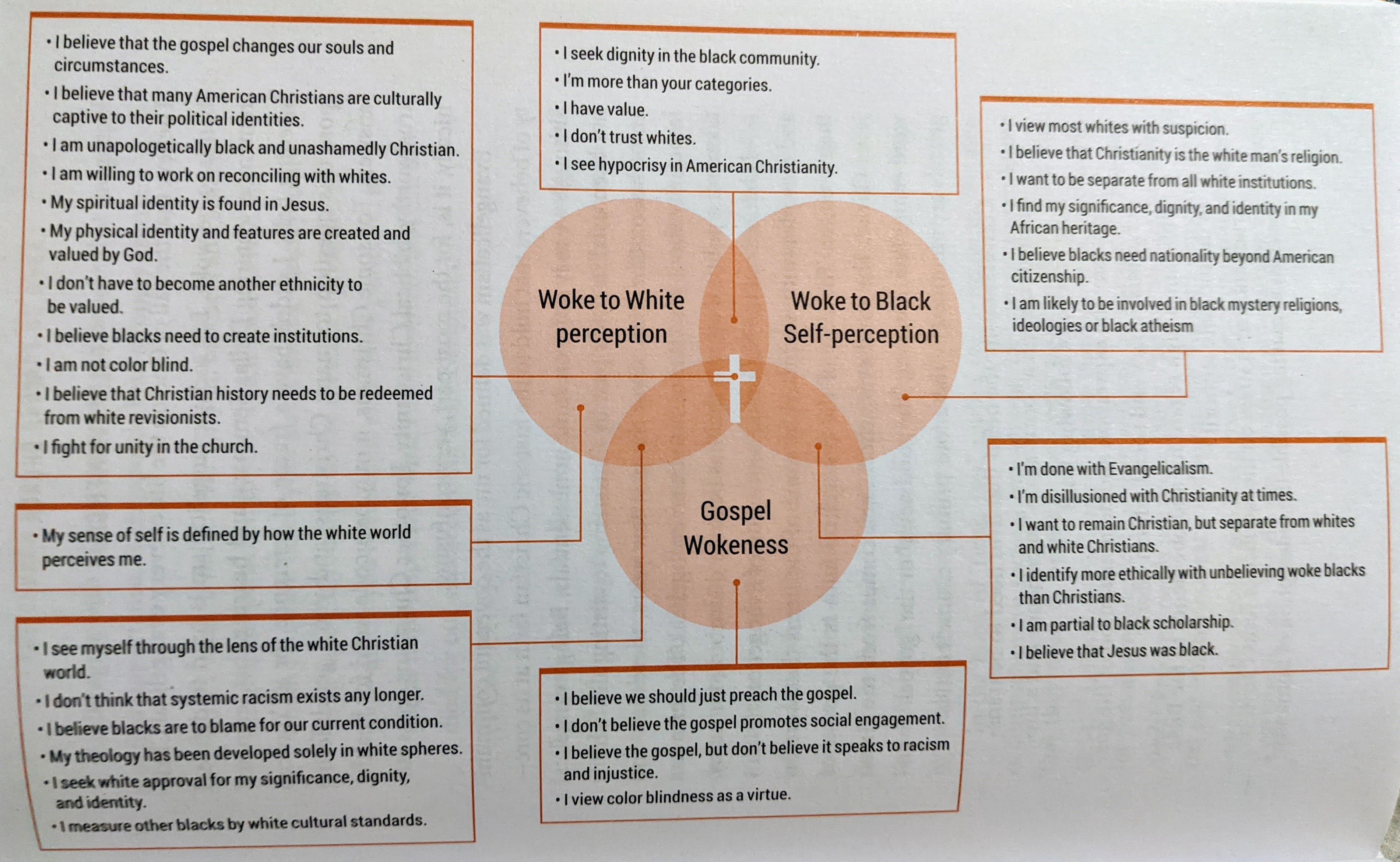
Because of the level of detail and Biblical information provided in this book, it’s probably one that I should have read slower. But with the stack of books on my shelf and in my wish list continuing to grow, I find it hard to take my time and slowly read books like this in the way they deserve. I will certainly be going back to this book to double-check Biblical references and re-read whole chapters when I feel they are applicable to current events.
Much of the main points are made before the last few chapters, so it had a sort of slow ending in my eyes. Between that and my desire for a little more history to be conveyed, those are about my only minor complaints about the book as a whole. I still highly recommend other Christians take a few days to read this short but information-packed book.

